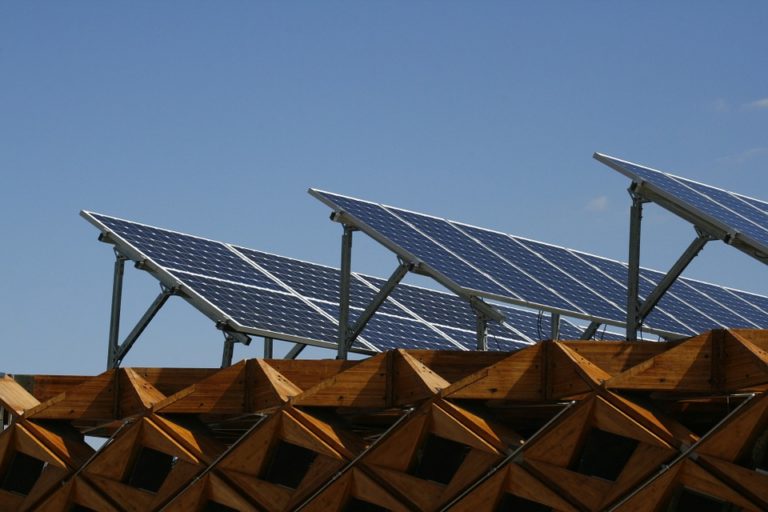Insufficient solar panel power can have several consequences, particularly in the context of a solar power system or renewable energy setup.
- Incomplete Energy Supply: The most direct consequence is an inadequate supply of electrical energy. If the solar panels cannot generate enough power to meet the demand of the connected devices or systems, there may be interruptions or shortages in the power supply.
- Reliance on Backup Systems: In situations where solar power is the primary or sole source of energy, insufficient power from solar panels may require a reliance on backup power sources, such as traditional grid electricity, batteries, or generators. This can increase operational costs and reduce the overall sustainability of the system.
- Disruption to Services: In applications where solar power is used for critical services, such as telecommunications, emergency lighting, or medical equipment, insufficient power can lead to disruptions. This can have serious consequences, especially in emergency situations.
- Reduced Energy Independence: Many users install solar panels to reduce dependence on traditional grid power and promote energy independence. Insufficient power generation can compromise this goal, leading to a continued reliance on non-renewable energy sources.
- Environmental Impact: One of the key motivations for using solar power is its environmental benefits. Insufficient power generation means a higher reliance on conventional energy sources, potentially increasing carbon emissions and other environmental impacts.
- Battery Strain: In solar power systems with energy storage (e.g., batteries), insufficient power can lead to frequent deep discharges and charges. This can reduce the lifespan of batteries and increase the overall maintenance requirements of the system.
- System Inefficiency: Insufficient power can lead to suboptimal performance of connected systems, such as water pumps, heaters, or HVAC (heating, ventilation, and air conditioning) systems. This inefficiency can affect the overall productivity and functionality of these systems.
To mitigate these consequences, it’s crucial to properly design and size a solar power system based on the energy needs of the user. Regular maintenance and monitoring of the system are also important to ensure optimal performance. Additionally, integrating energy storage solutions can help buffer against fluctuations in solar power generation.


